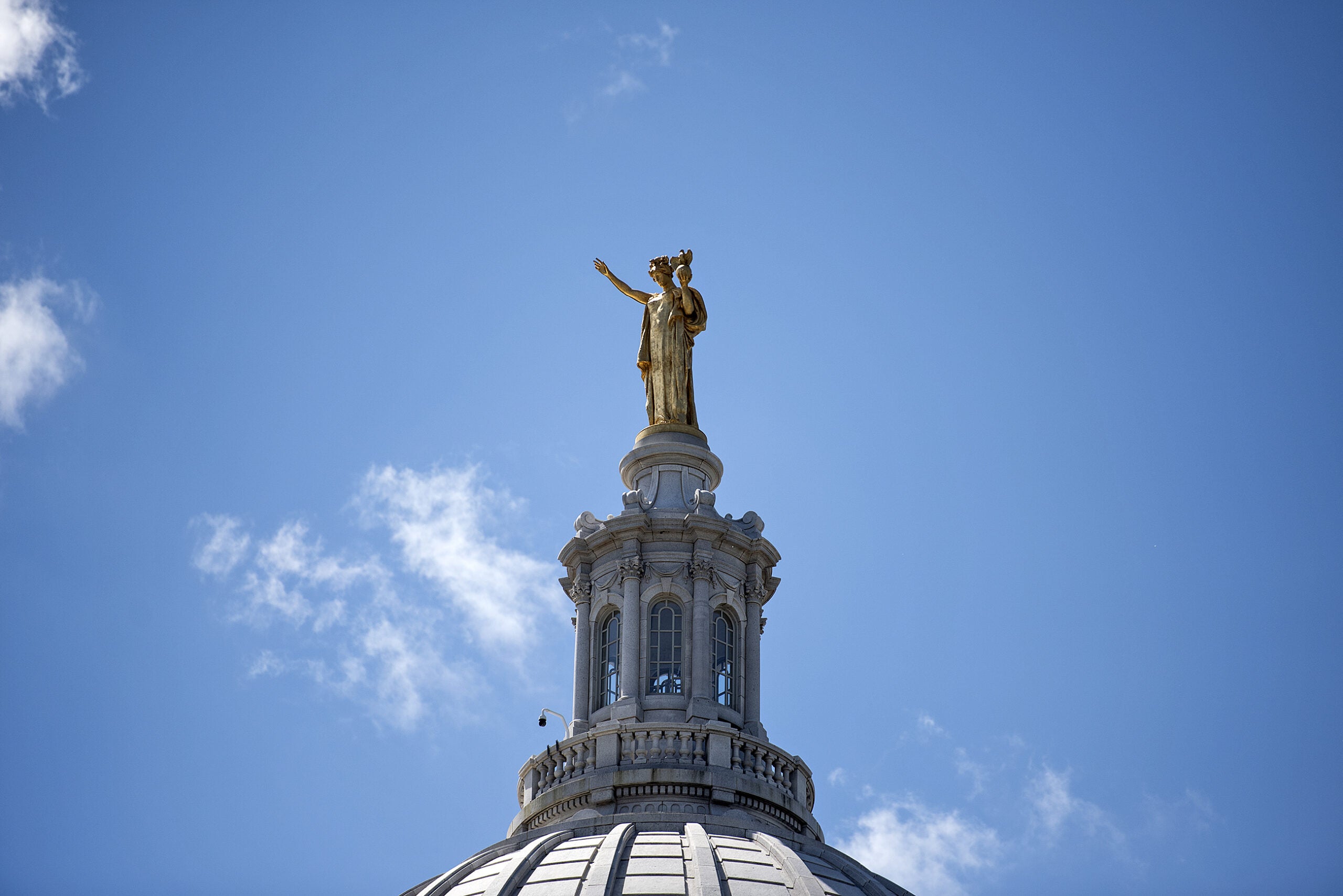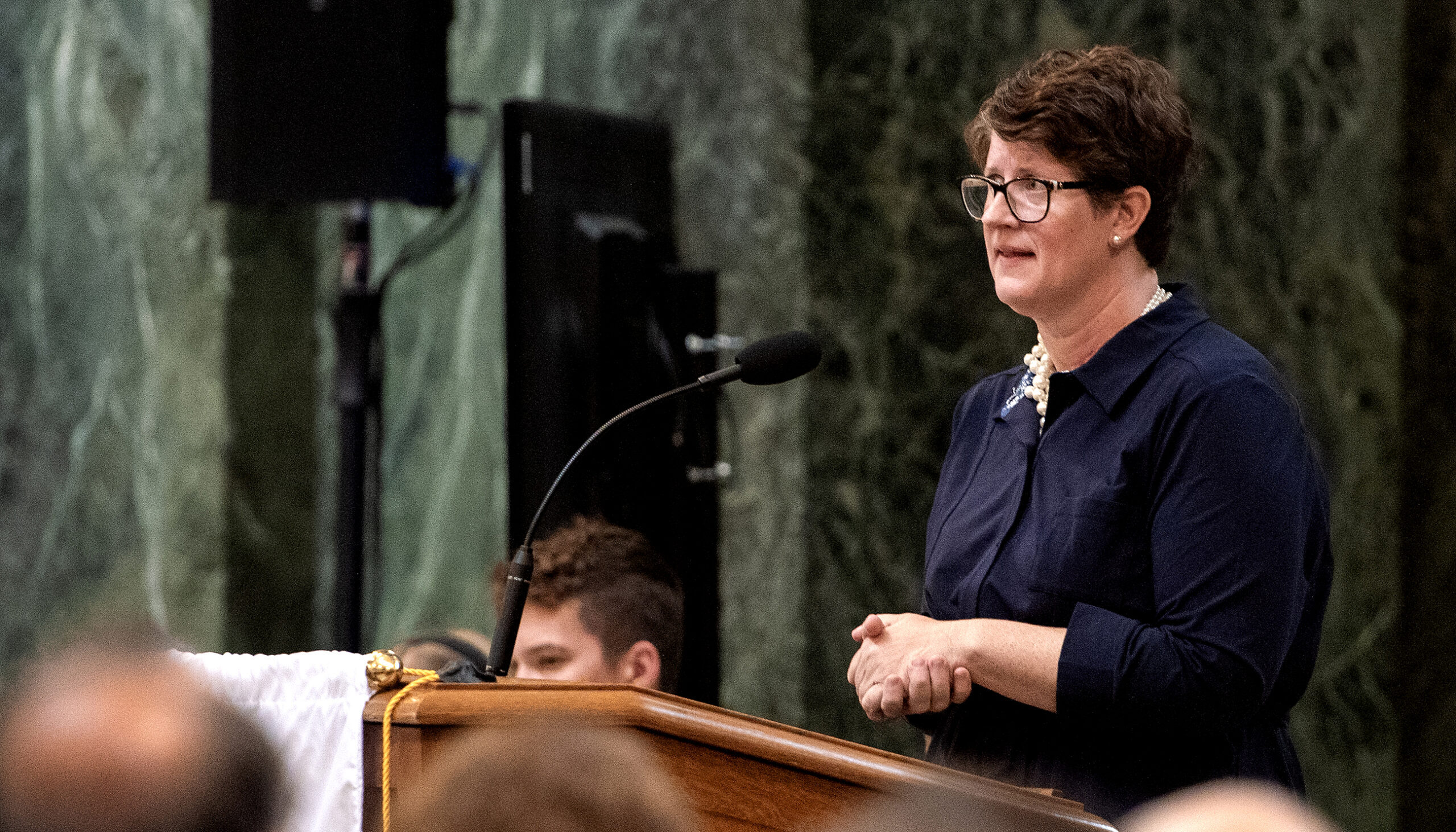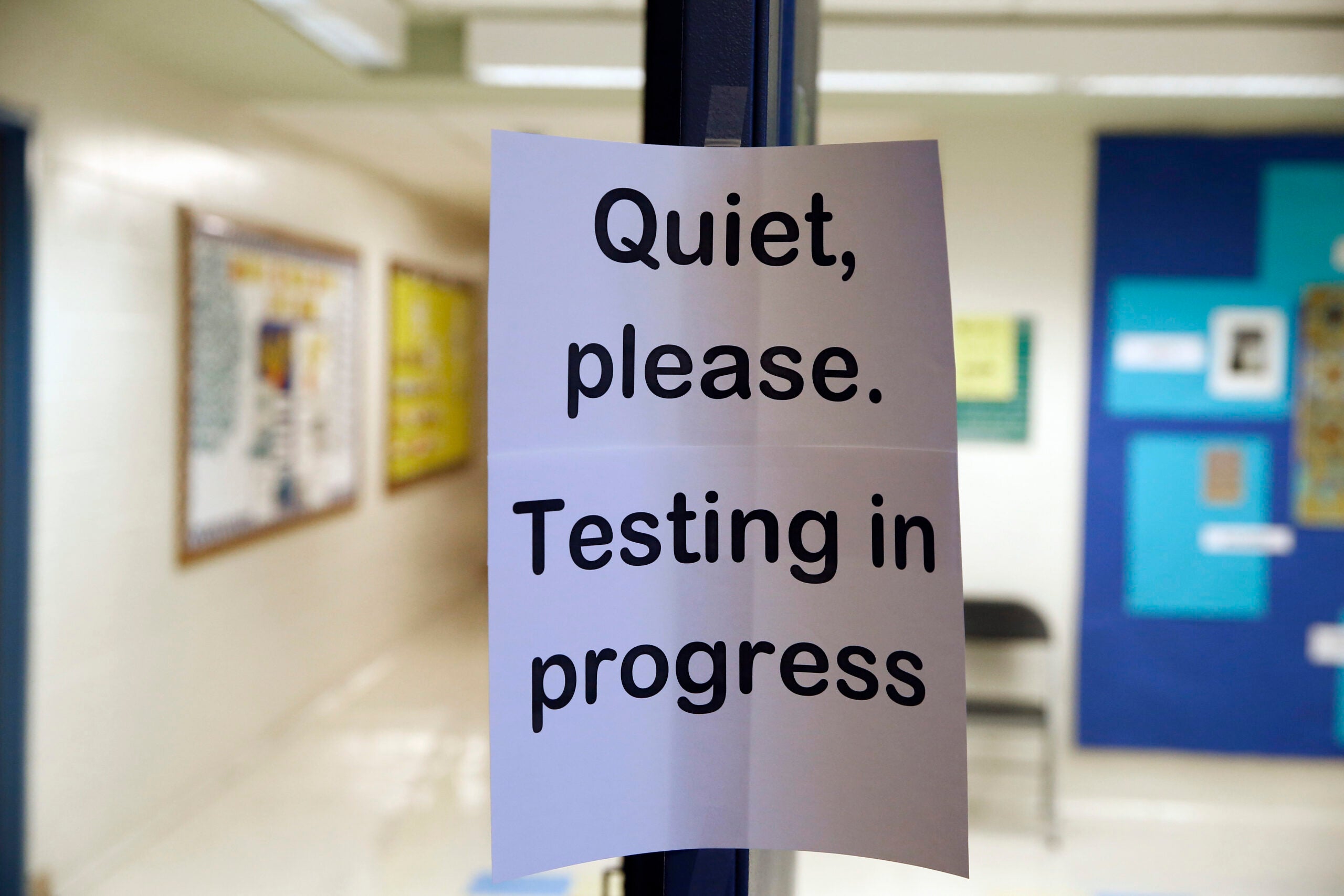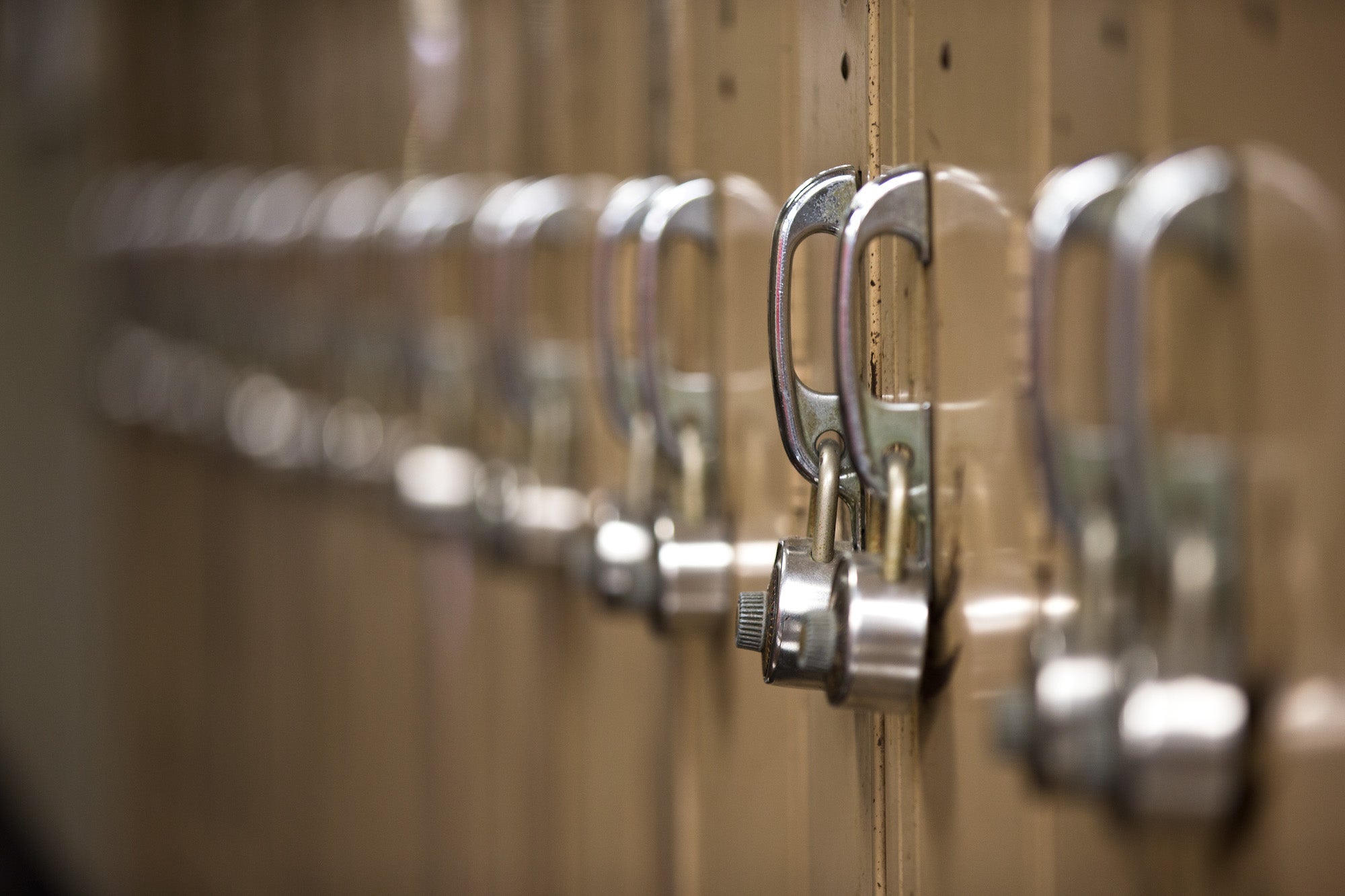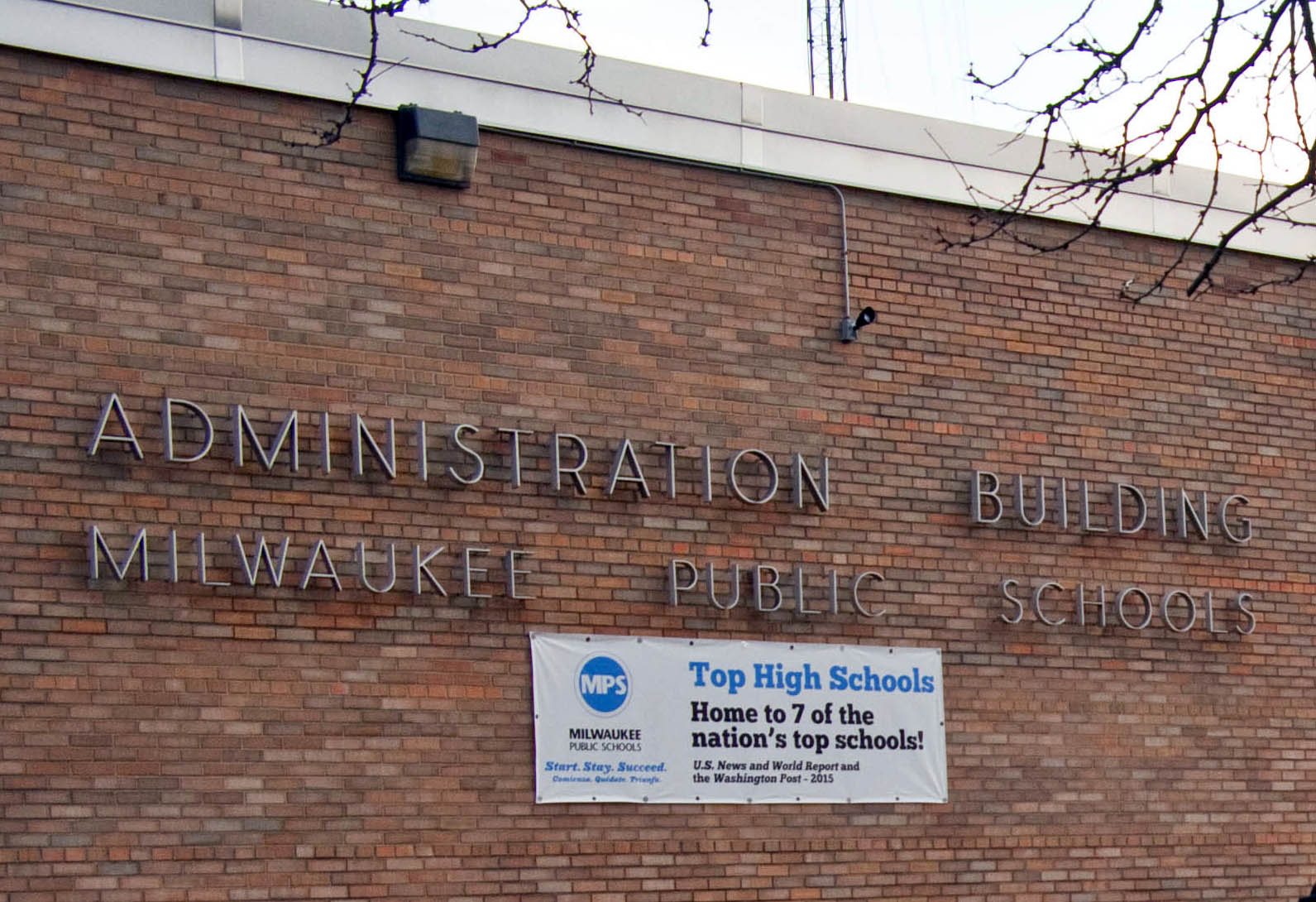School Choice Wisconsin and the Wisconsin Institute for Law & Liberty say an online dashboard to display public school finances is necessary for transparency, but the groups are fighting against the inclusion of data from voucher schools.
The Wisconsin Association of School Boards argues all schools that receive tax dollars should be included, saying spending on private schools affect all Wisconsin schools. A spokesperson for the organization said the public should be able to see how taxpayer dollars are being spent.
A bipartisan bill passed in 2021 requires the Department of Public Instruction to create an online portal that displays financial data for Wisconsin schools. To do this, an 11-person advisory committee was created to advise DPI on the portal’s development.
News with a little more humanity
WPR’s “Wisconsin Today” newsletter keeps you connected to the state you love without feeling overwhelmed. No paywall. No agenda. No corporate filter.
A coalition of conservative groups, including School Choice Wisconsin and WILL, are objecting to the inclusion of voucher schools in the portal — a unanimous recommendation of the bipartisan advisory committee.
During the creation of the 2021 bill, WILL testified on behalf of creating a financial portal.
Will Flanders, a research director with WILL, said Wednesday the goal of the legislation was public school transparency. Flanders said he thinks the legislation accomplishes that, but says collecting choice school data could mislead users on the website.
“I think there are ways (voucher school) data could be made more clearly, but most of that data is already publicly available,” Flanders said.
DPI also already makes public school financial data available on its website.
The DPI advisory committee was made up of six Republican appointees, three Democratic appointees and two appointees by State Superintendent Jill Underly. The committee included state Sens. Jeff Smith, D-Brunswick, and Duey Stroebel, R-Saukville.
The committee unanimously recommended a broad set of financial data be included in the portal. This data includes revenues in a school district’s budget that are spent on non-public school students and the impact vouchers and independent charters have on school district budgets.
“The notion revenue is being lost is school districts wanting to retain funding for students who are no longer in the school system,” Flanders said. “That’s counter of what we believe school choice should be. We believe money should follow the kid and if property taxes are being raised for choice students who leave, that’s the choice of the school district and not the fault of students in the choice program.”
Amy Loudenbeck, the director of policy and government for School Choice Wisconsin, said DPI exceeded the scope of the law by asking voucher schools to be part of the online dashboard.
“We know how much value and what the cost per student is for a choice student or a charter student. The dashboard was designed to do something else,” Loudenbeck said, noting it should be designed to hold public schools accountable. “The agency (DPI) exceeded its authority. We don’t have an issue with transparency in general. The data is available in general.”
During the 2022-23 school year, private school choice programs received $444 million in taxpayer money, according to state data.
The objection to providing information about private school finances comes after the state budget included the largest financial expansion to private school choice in the program’s history.
Funding for kindergarten through eighth grade private choice schools increased from about $8,400 per student to $9,500 per student. Funding for private choice high schools went from $9,045 to $12,000 per student. Last school year, about 86,000 students received vouchers.
Dan Rossmiller, executive director of the school board association, said he hopes the state Legislature listens to the bipartisan committee recommendation to include all schools in the financial portal.
Rossmiller said public school districts accept all students within their boundaries, and are required to provide services including specialized special education programing. Rossmiller estimated Wisconsin Public Schools spends $1.7 billion a year on special education services that are not reimbursed by the federal government.
They also provide busing, including a requirement to provide transportation to and from school for all private school students with a reimbursement rate of about 8 to 9 percent, Rossmiller said.
Private schools in Wisconsin are not required to provide special education services, but state law requires public school districts to identify students with disabilities who are attending private schools in their jurisdiction and work with private schools to develop a service plan for the student.
“Because of those obligations, a portion of public school spending and resources are provided to the private school students,” Rossmiller said.
On Wednesday, School Choice Wisconsin released its own data showing private schools in the Milwaukee Parental Choice Program, Racine Parental Choice Program and statewide Wisconsin Parental Choice Program were more “cost-effective” than public school peers.
The group used DPI school report card data to show that choice schools had better results to come to their conclusions.
DPI spokesperson Abby Swetz called School Choice Wisconsin’s argument a “flawed narrative.” She said it was ironic the group was promoting the idea of cost-effectiveness while maintaining there is no need to include their financial data in the portal “all while private schools accepting voucher money are still allowed to discriminate against students with disabilities and LGBTQ+ students.”
Loudenbeck said private schools do provide for all students.
“We don’t have the federal charge with serving all students with disabilities — and public schools get funding for doing that,” Loudenbeck said. “We acknowledge it’s different, but the narrative that we don’t accept and invite and welcome students with disabilities in our schools is patently false.”
Wisconsin Public Radio, © Copyright 2025, Board of Regents of the University of Wisconsin System and Wisconsin Educational Communications Board.

